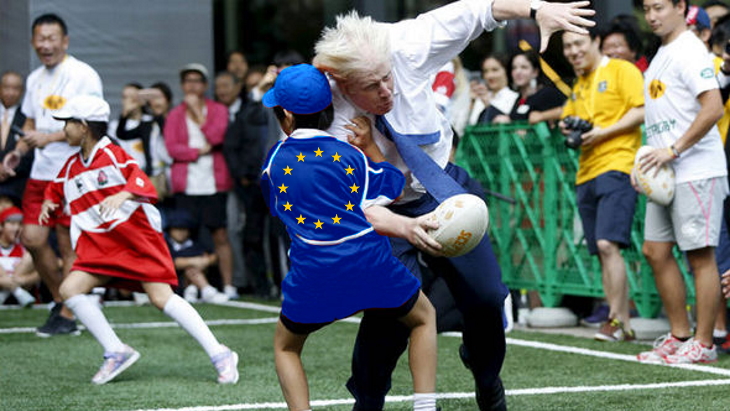
The United Kingdom will not implement the controversial European Union Article 13 copyright law.
BBC News reports that Universities and Science Minister Chris Skidmore stated the UK will not implement Article 13 after the UK leaves the EU, despite the UK being one of the nations who voted in support of the law.
For those unfamiliar with our prior coverage, Articles 11 and 13 will impose laws to aid in protecting copyright infringement within the European Union, but via a methodology that some argue could destroy the internet for the EU as we know it.
While Article 11 enforces a tax on posting hyperlinks online, Article 13 states that websites are to be held responsible when users upload copywritten content. Some fear this goes far beyond halting memes, but information and internet freedom in general.
Both laws passed on March 26th, 2019, and the EU nations have until June 7th, 2021 to implement them. Despite Article 13 being tweaked in 2019 to give exception of works “for purposes of quotation, criticism, review, caricature, parody and pastiche,” many do not trust the law to not be implemented to censor.
Article 11 remains unchanged as of this time of writing, though the BBC claims the hyperlink tax only applies to “search engines and news aggregate platforms” linking to news websites.
Many express concerns that these laws will still indirectly affect the UK, as websites obey them so they may still be accessed by those in the EU, a population of an estimated 513 million.
Back in March 2017, Boris Johnson (then Conservative MP, now British Prime Minister) tweeted that the law was “terrible for the internet,” and “a classic EU law to help the rich and powerful, and we should not apply it. It is a good example of how we can take back control.”
With Johnson now as Prime Minister and signing the EU Withdrawal Agreement on January 24th, it seems he may have done just that. The document had already been signed earlier that day by the European Council’s President Charles Michel, and the European Commission President Ursula von der Leyen.
Nonetheless, the European Parliament will still vote on the agreement on January 29th, though BBC News notes that the vote “is seen as all but a formality, after it was backed by the parliament’s constitutional affairs committee on Thursday.”
For now, the UK is set to leave the EU on January 31st, 2020.